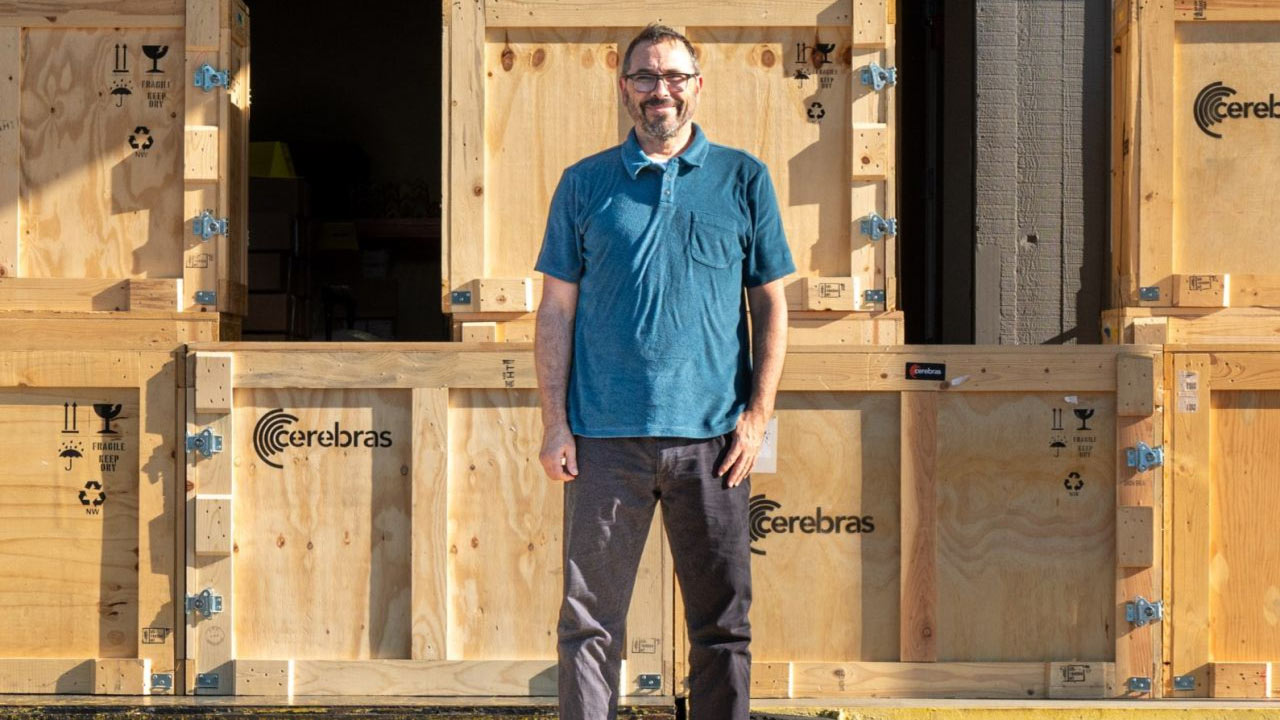
Nvidia has been remarkably nimble in its GPU specification tweaking in response to the US sanctions on tech flowing to China. However, Cerebras CEO Andrew Feldman reckons the green team’s activities are a classic case of following the letter but not the spirit of the law. “I think Nvidia armed China single-handedly,” Feldman said to The Register, before accusing the firm of lacking “moral responsibility.” Moreover, any firms looking to circumvent, limbo under, or find loopholes in matters of national policy were called out by Feldman for being “un-American.”
In his complaints about Nvidia, the Cerebras CEO makes it quite clear that rules and regulations put in place as a matter of national policy, with implications for national security, are a special case. “We believe very much in the US doing business with its allies, and when the Department of Commerce or when the President sets a rule, that you obey the spirit, not just the letter,” said Feldman to The Register. “When someone says this is a national policy, and here's some rules and you run up to within an inch of it, and you try, and try and circumvent the intent with a loophole, you make yourself look un-American.” Specifically, Nvidia “ran right up to the edge of the guidelines,” on China, Feldman complained.
Cerebras hasn’t done business in China, even before sanctions came into place. However, recent US tech export rule changes still affect its business as they cover several other countries. It didn’t go without comment in the source publication that Intel and AMD are also amenable to tweaking high-performance chip designs to limbo under China chip sanctions. Perhaps if Nvidia, Intel, AMD, et al didn’t act like this, in the pursuit of the best profits, shareholders might be quite unhappy.
We don’t expect any serious backlash against companies that don’t follow Cerebras' philosophy. But this could easily change if China ever uses any of the exported tech in a conflict affecting Western interests.
Cerebras and Nvdia at SC23
The rival-poking and thought-provoking comments by Feldman were made at the currently running SC23, where both Cerebras and Nvidia have been quite busy taking care of business.
At SC23, Cerebras announced it was behind a newly completed four-exaFLOP AI Supercomputer. It also highlighted (PDF) how its Cerebras CS-2 “is 130x faster than Nvidia A100” on a nuclear physics simulation workload. Cerebras has maintained a booth at the conference venue and hosted several SC23 sessions this week.
Nvidia’s big news at SC23 was its Grace Hopper GH200 GPU super chip and news of machines like the 1 ExaFLOP Jupiter Supercomputer. However, just before the kickoff of SC23, we reported that Nvidia had already prepared three new GPUs for artificial intelligence (AI) and high-performance computing (HPC) applications tailored for the Chinese market. According to sources, the Nvidia HGX H20, L20 PCle, and L2 PCle GPUs were already being shipped to China server makers. No time seems to have been wasted, as US sanctions on China were adjusted just a few weeks ago.







